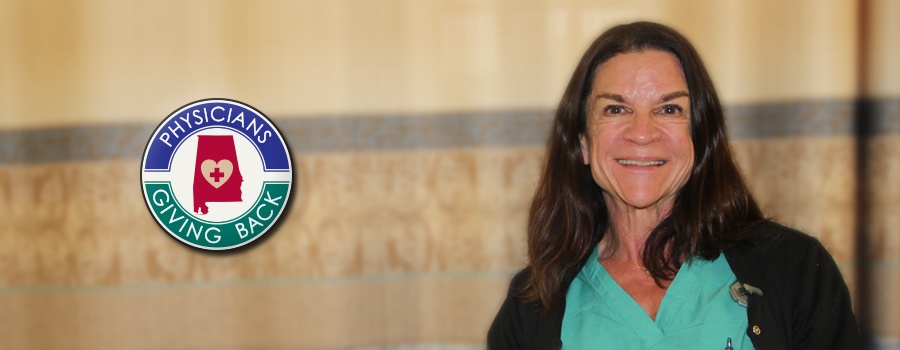Tag: nurse
-

Protecting One of Your Most Valuable Assets – Your Employees
Several studies show that the total cost of losing an employee can range from tens of thousands of dollars to 150 percent of the employee’s annual salary. There are also the “soft costs” of losing an employee, including lost productivity and lower employee morale if the practice incurs high turnover rates. According to a survey…
-

Demand for Non-Physician Providers Rose to Make Up for Physician Shortage
The Medical Group Management Association has released its 2018 MGMA DataDive Provider Compensation Survey revealing primary care physicians’ compensation rose by more than 10 percent over the past five years. This increase, which is nearly double that of specialty physicians’ compensation over the same period, is further evidence of the worsening primary care physician shortage…
-

Always Do Something You Enjoy with Suzanne Blaylock, M.D.
TUSCUMBIA – When you walk into Dr. Suzanne Blaylock’s office at the Helen Keller Pavilion, there’s a medical journal on her desk, paused and waiting for her to return to continue reading the most recent article. On the wall behind her chair are framed reminders of why she choose anesthesiology as her specialty – awards…